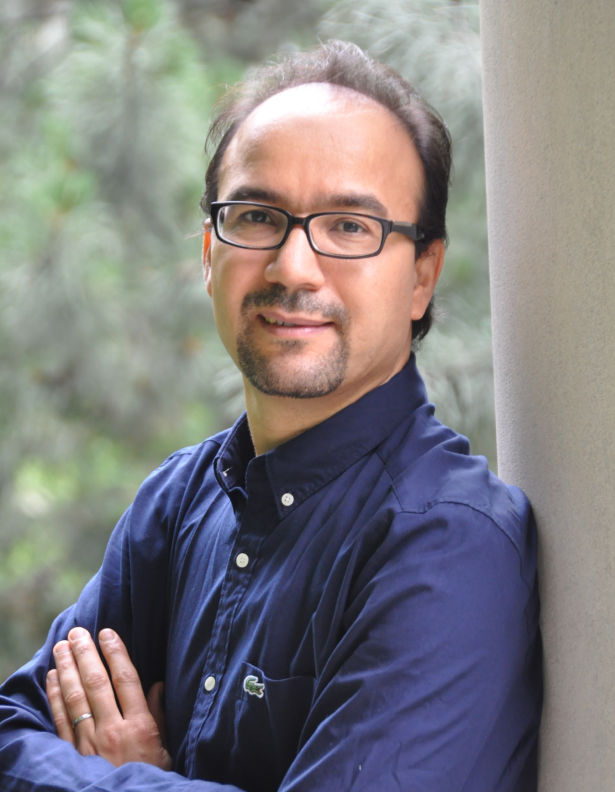Research Interests
- Comparative law: Legal systems
- Succession Rights
- International Humanitarian Law (protection of civilian populations)
Member of the Bar of Ontario ( Barrister & solicitor), Professor Fathally,holds a PhD, an LLM and an LLL from the University of Ottawa, as well as Maîtrise and a University Diploma of Legal Studies from the University of Tunis. He is a specialist in comparative law and international humanitarian law, with research focusing on a variety of complex legal topics and current events that promote critical analysis and dialogue on the various relationships between law, religion and human rights. Through his research and teaching, as well as his deep knowledge of legal and political issues in Canadian foreign policy and international human rights, Professor Fathally has quickly become an internationally renowned expert. He is a recipient of the prestigious Van Calker Scholarship from the Swiss Institute of Comparative Law, the University of Ottawa’s Gerald A. Beaudoin Scholarship and several other scholarships and grants. He is also an expert consultant to several international and intergovernmental organizations, including the World Health Organization , the World Justice Project and the Varieties of Democracy ( University of Oslo).
Professor Fathally was a co-founder of JuriGlobe in 2007, oversaw the launching of the group’s innovative and widely-used website in 2009, and serves as the group’s current Executive Director and Senior Researcher. The JuriGlobe website – JuriGlobe World Legal Systems, www.juriglobe.ca – serves as an essential comparative legal tool, describing the legal systems in use around the world, the different official languages used in different jurisdictions, and the most important international commercial conventions at play in regions around the globe. In addition to becoming an educational tool for the teaching of comparative law and international law, and a key source of information for a number of international institutions and organizations, JuriGlobe work has drawn the attention of the legal scientific community in general, as evidenced by quotes and comments in various recent publications (e.g., in the American Journal of Comparative Law; Notarius, the scientific journal of the international Union of Notaries; and the Journal of UNESCO).
